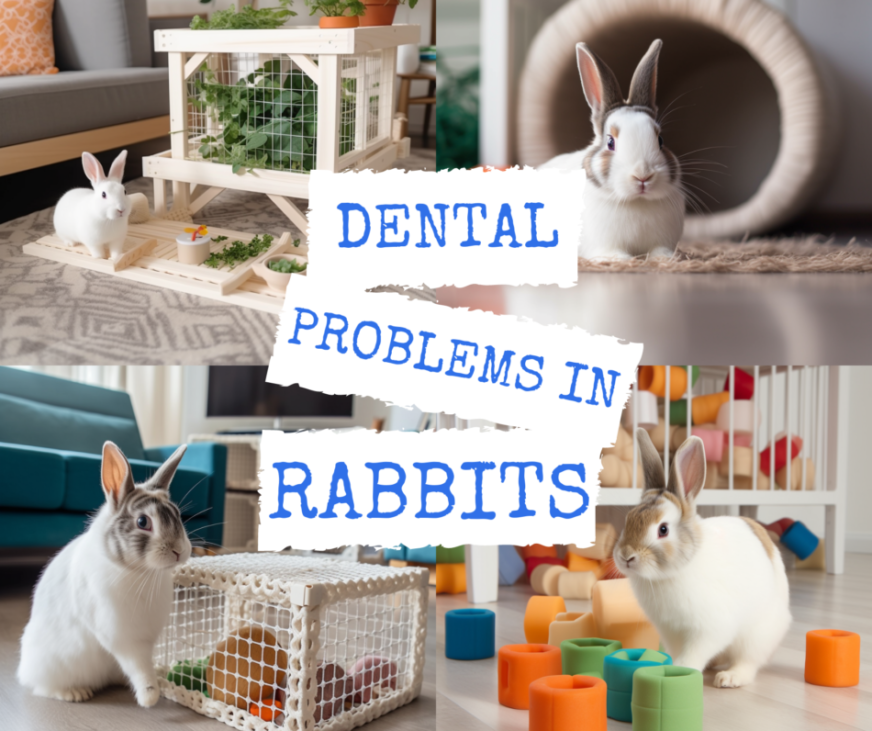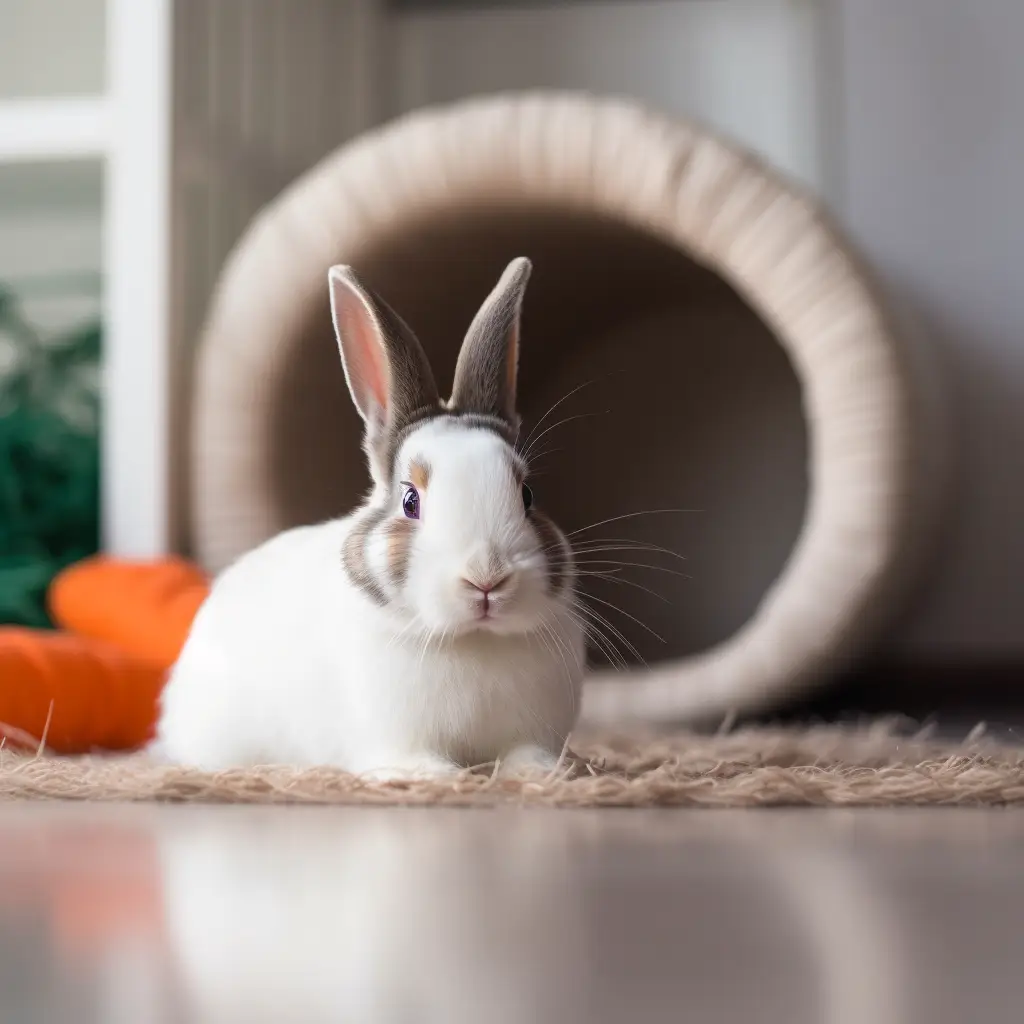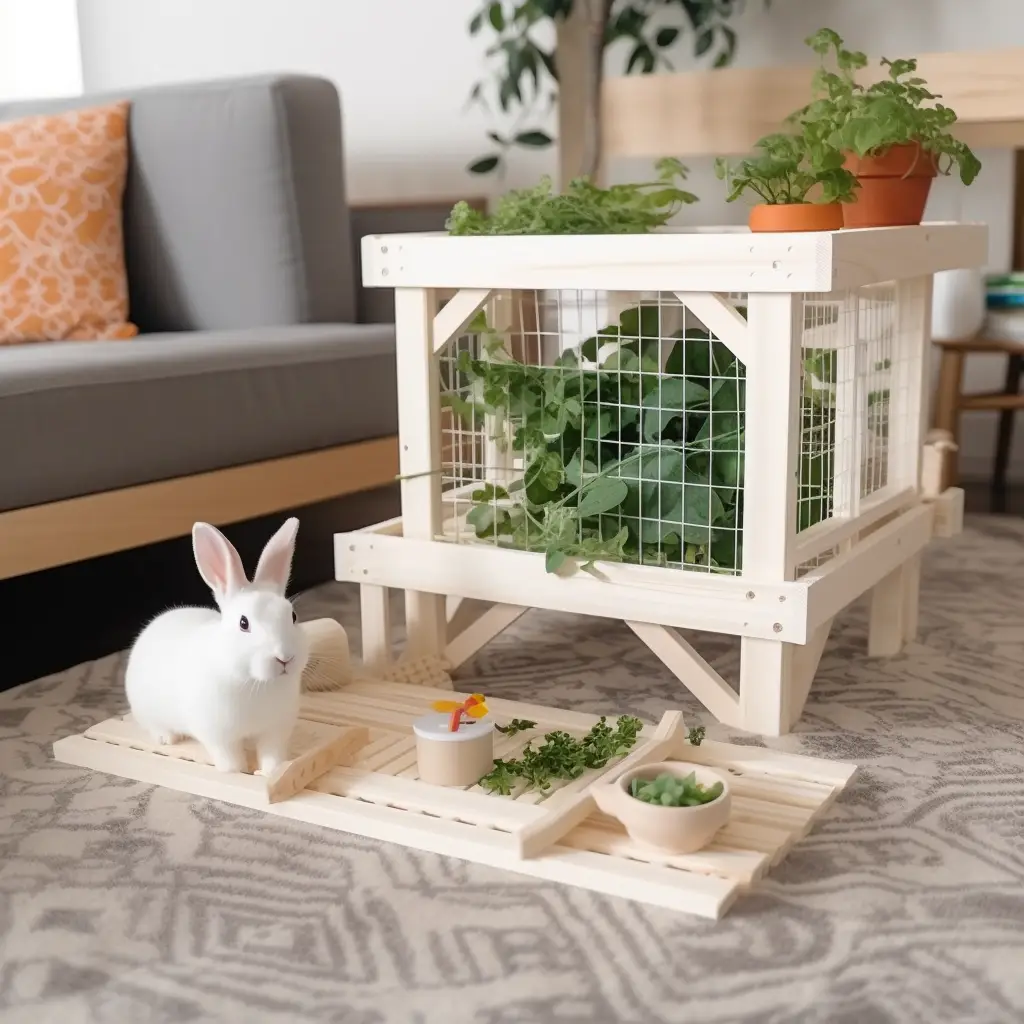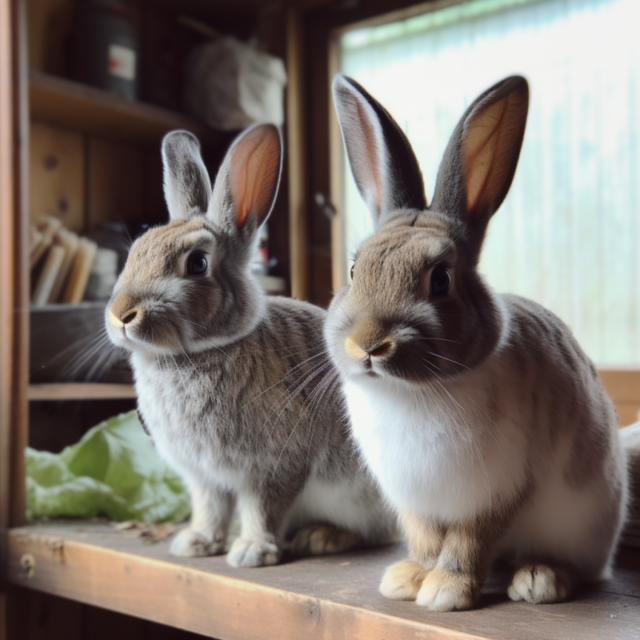info@petprintstudio.com
How to Prevent and Treat Dental Problems in Rabbits

This article titled “How to Prevent and Treat Dental Problems in Rabbits” provides comprehensive guidance on maintaining good dental health for rabbits. It begins by explaining the basics of rabbit dental health and the importance of proper dental care. The article then covers how to recognize signs of dental problems in rabbits, such as difficulty eating or changes in behavior.
The article emphasizes the significance of preventive measures, including providing a balanced diet, unlimited access to fresh hay, limited pellet intake, and offering safe chew toys. Regular veterinary check-ups are also encouraged to monitor oral health.
In terms of treatment options, the article mentions teeth trimming, dietary adjustments, pain management, and surgical interventions for severe cases. It further emphasizes the importance of ongoing care and dental hygiene, such as regular monitoring, tooth brushing if recommended by a veterinarian, enrichment activities, and continued veterinary check-ups.
Overall, the article aims to provide rabbit owners with the necessary knowledge and practical steps to prevent and address dental problems, ensuring their rabbits maintain optimal dental health and overall well-being.

Introduction
Rabbits are adorable and popular pets known for their cute twitching noses and fluffy tails. However, many rabbit owners may not be aware that dental problems are common in these furry companions. Dental issues can cause discomfort, pain, and even severe health complications if left untreated. In this article, we will discuss about the most effective strategies to prevent dental problems in rabbits and provide guidance on treating them well when they arise.
Understanding Rabbit Dental Health

Before delving into prevention and treatment methods, it is crucial to understand the basics of rabbit dental health. Rabbits have continuously growing teeth, and proper dental care is essential to maintain their oral well-being. Rabbits possess 28 teeth, including four incisors, two pairs of sharp-edged peg teeth, and a set of molars on each side of the jaw.
Recognizing Dental Problems in Rabbits

Being vigilant and recognizing the signs of dental issues is the first step in addressing them. Common indicators of dental problems in rabbits include:
- Difficulty or reluctance to eat or drink
- Drooling or excessive salivation
- Weight loss
- Grinding teeth or chattering
- Swollen or abscessed areas around the mouth
- Reduced grooming activity
- Changes in behavior, such as increased aggression or lethargy
Preventive Measures

Prevention is always better than cure when it comes to dental problems in rabbits. Here are some preventive measures you can take to ensure good dental health for your furry friend:
- Proper Diet: Provide a balanced diet that mimics a rabbit’s natural food consumption. A diet high in hay and grass promotes natural chewing, wearing down their teeth and preventing overgrowth.
- Hay Availability: Make sure your rabbit has unlimited access to fresh, high-quality hay. Hay not only aids in digestion but also helps grind down their teeth as they chew.
- Limited Pellet Intake: Limit the amount of pelleted food to prevent rabbits from selectively eating only the soft pellets and neglecting the tougher hay and grass.
- Chew Toys: Offer a variety of safe chew toys made from natural materials, such as untreated wood or woven grass, to encourage chewing and promote dental wear.
- Regular Dental Check-ups: Schedule routine veterinary dental check-ups to monitor your rabbit’s oral health and detect any issues at an early time.
Treatment Options
If your rabbit is already experiencing dental problems, timely intervention is crucial. Here are some treatment options commonly employed for dental issues in rabbits:
- Teeth Trimming: Overgrown teeth can be filed down or trimmed by a veterinarian experienced in rabbit dentistry. This procedure helps restore proper alignment and prevents further complications.
- Dietary Adjustments: In cases of dental issues, your veterinarian may recommend modifying your rabbit’s diet to include softer foods or a specialized pellet formula that requires less chewing.
- Pain Management: Dental problems can cause discomfort, so your veterinarian may prescribe pain medications or anti-inflammatory drugs to alleviate your rabbit’s pain and aid in their recovery.
- Surgical Interventions: In severe cases, surgical procedures may be necessary to address abscesses, tooth root elongation, or other advanced dental conditions. These procedures are typically performed by a veterinarian with expertise in exotic animal dentistry.
Maintaining Good Dental Heal

After your rabbit has received treatment for dental issues, it is crucial to maintain their dental health in the long term. Here are some tips for ongoing care:
- Regular Monitoring: Continuously observe your rabbit’s eating habits, teeth, and overall behavior to detect any early signs of dental problems.
- Dental Hygiene: If your veterinarian recommends it, gently brushing your rabbit’s teeth with a soft-bristled toothbrush designed for pets can help remove plaque and prevent tartar buildup. Start by gradually introducing tooth brushing and use specialized toothpaste formulated for rabbits.
- Enrichment and Chewing Opportunities: Provide your rabbit with a stimulating environment that includes plenty of safe chew toys and opportunities for natural chewing behavior. This helps keep their teeth in good condition and prevents boredom.
- Regular Veterinary Check-ups: Schedule regular veterinary check-ups to ensure your rabbit’s dental health is consistently monitored. Your veterinarian can assess their teeth, provide necessary treatments, and offer guidance on maintaining optimal dental care.
Conclusion
Dental problems in rabbits can cause significant discomfort and impact their overall well-being. By understanding the importance of preventive measures, recognizing early signs of dental issues, and seeking appropriate treatment when necessary, you can help keep your rabbit’s teeth healthy and their smiles bright. Remember to provide a balanced diet, offer ample opportunities for natural chewing, and maintain regular veterinary check-ups to ensure your furry friend enjoys a lifetime of good dental health.

